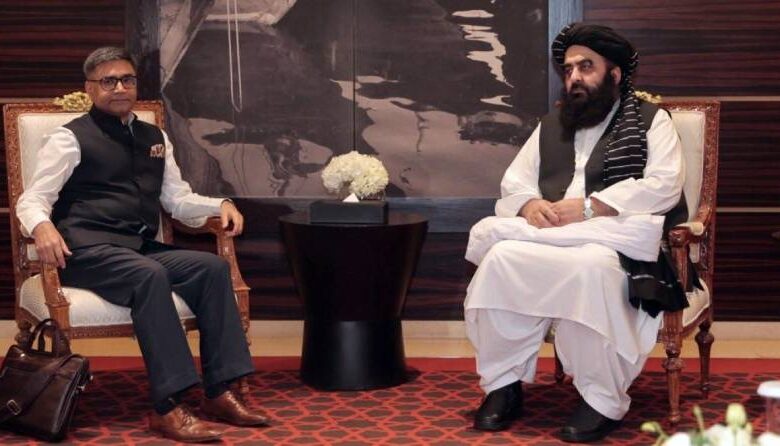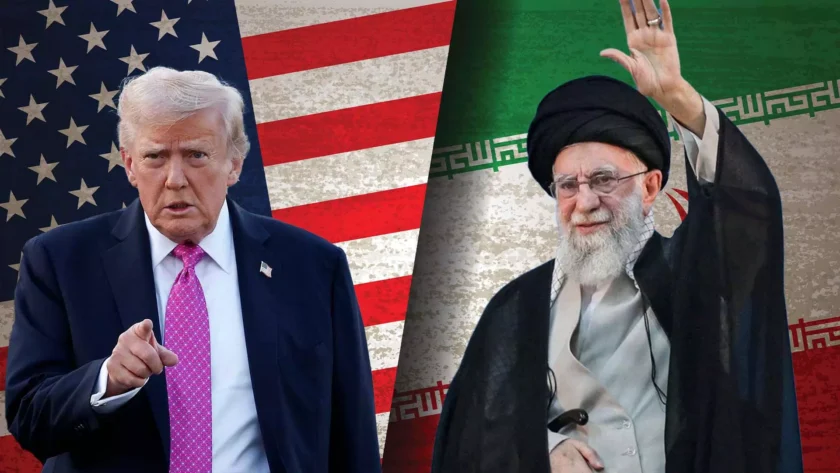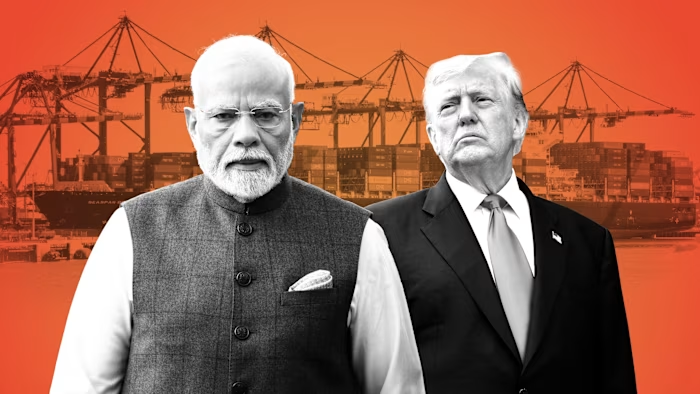Delhi: India’s diplomatic approach in Afghanistan has significantly strengthened its standing among Muslim-majority countries, particularly in the Gulf region, signaling a shift in regional perceptions that once favoured Pakistan.
In recent years, Pakistan has positioned itself as a leader within the Islamic world, expecting support from Muslim nations on issues like Kashmir. However, recent events—ranging from border tensions with Afghanistan to regional diplomatic manoeuvres—have challenged this perception. Major Muslim countries, including Saudi Arabia and the UAE, have increasingly engaged with India, balancing their relations beyond traditional alignments.

India’s role in Afghanistan has been particularly noteworthy. Despite the Taliban’s return to power in 2021, India adopted an “Engagement Without Recognition” policy, continuing to invest in schools, infrastructure, and even the Afghan parliament building. This pragmatic approach won the goodwill of the Afghan people and showcased India as a reliable partner, even amid escalating tensions between Afghanistan and Pakistan.
Moreover, India has leveraged strategic and economic diplomacy to build partnerships across the region. Projects like the development of Chabahar port in Iran, along with enhanced trade and investment ties with Gulf countries, underscore India’s long-term vision. India’s support for Palestinian rights, its constructive role in humanitarian aid, and its commitment to regional stability have further bolstered its image in Muslim countries.

Gulf nations, now shifting focus from dependency on oil to investment-driven economic growth, view India as a stable, trustworthy, and economically robust partner. Indian professionals contribute significantly to Gulf economies, and India’s growing strategic and defence collaborations with countries like Saudi Arabia, UAE, and Egypt further reinforce its credibility.
Analysts note that India’s careful balancing act—investing in Afghanistan, supporting development, and maintaining a neutral stance on contentious issues—demonstrates diplomatic acumen that resonates across Muslim-majority countries. This growing influence is reflected in high-level engagements, trade negotiations, and cultural partnerships, positioning India as a credible and influential player in the Islamic world.









